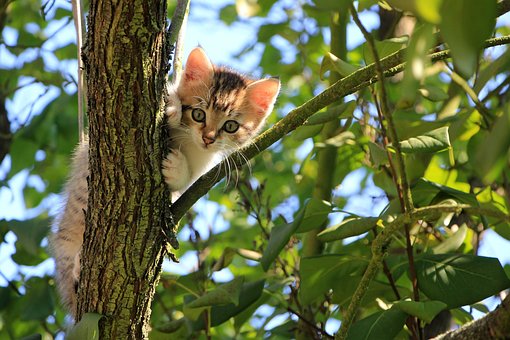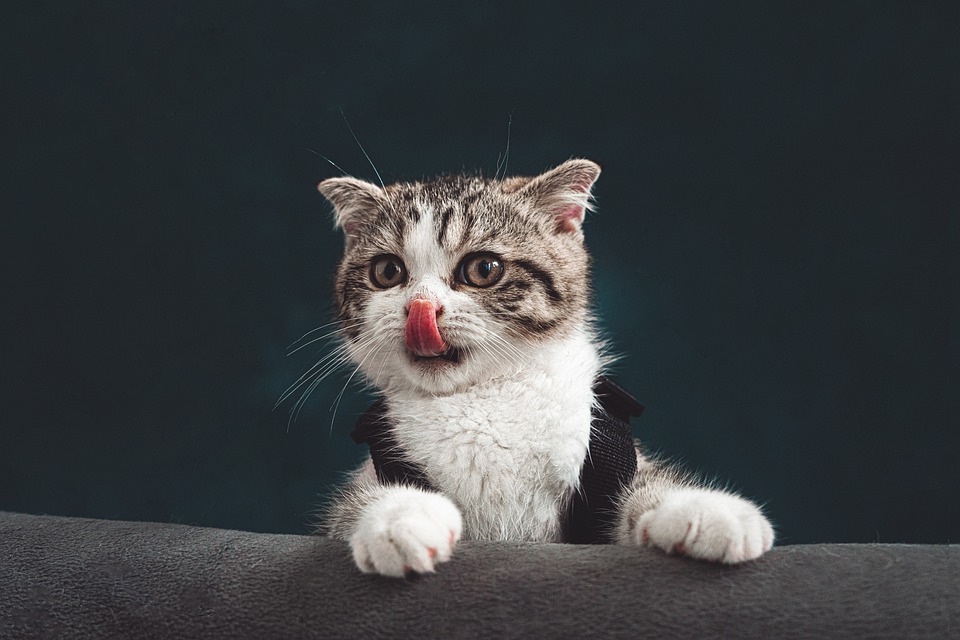What Is Anorexia?
Anorexia refers to a chronic partial or complete loss of appetite in cats. Your cat may appear uninterested in her food, or she may attempt to eat but then abandon the bowl. Anorexia is a clinical symptom of an underlying disease or health issue, not a sickness in itself.
Anorexia can be caused by various factors, including discomfort, cancer, systemic disease, and abnormalities of the mouth’s structures. Unwillingness to eat, severe weight loss, and hiding in the home are signs of anorexia.

True Anorexia and Pseudo-Anorexia
True anorexia and “pseudo-anorexia” are the two forms of anorexia diagnosed in cats. Both produce a reduction in food intake, but a cat with pseudo-anorexia wants to eat (it is hungry) but cannot do so due to problems consuming, chewing, or swallowing the food or other reasons. Reduced appetite and food intake are outward indications that should be treated carefully regardless of whether a cat has real or pseudo-anorexia. These symptoms could signal life-threatening underlying illnesses. Loss of appetite or refusal to eat is a typical reason cat owners seek treatment from a veterinarian.
What To Expect At The Vet?
The first and most crucial stage in determining if the cat is suffering from real or pseudo-anorexia; is she unable to eat because she wants to, or is she truly uninterested in eating?
Your veterinarian will conduct a thorough medical history to distinguish between the two illnesses. Your cat will then be given a full physical check to see whether there is a physical reason for the reduced food intake. Finally, diagnostic testing will be carried out to discover the cause of the loss of appetite. Laboratory tests such as a complete blood count (CBC) and serum chemical profile, electrolytes (to assess mineral balance), chest and abdominal x-rays, ultrasounds, and, depending on the results, more invasive diagnostics such as endoscopy or biopsies may be recommended.

Treatment For Anorexia And Pseudo-Anorexia?
The treatment is entirely dependent on the diagnosis. The goal of the treatment is to manage the symptoms that come with it. For example, intravenous hydration may be required if your cat is dehydrated. Any nausea must be gotten rid of. If necessary, your veterinarian may give cyproheptadine or mirtazapine as a short-term appetite stimulant. A potassium supplement is given if a mineral imbalance, such as low potassium, interferes with regular appetite. It might be beneficial from your side to make the cat’s food more appealing and feed them their favorite food during those times.
An anorexic cat with an underlying metabolic condition may occasionally require to eat but refuses to. In these circumstances, your veterinarian may need to make a small incision in the skin to implant a feeding tube into the nostril, esophagus, stomach, or small intestine.
Feeding tubes aren’t usually thought of as dramatic surgeries, but they’re virtually always lifesaving. Food and medications can be supplied to the cat with no fuss. Even if it requires feeding food through a tube for a period, it should be employed if the digestive tract can digest it.
If your pet’s gastrointestinal tract isn’t operating properly, your veterinarian may suggest parenteral nutrition, in which food is given intravenously. Parenteral nutrition is a specialized, difficult procedure that a referral center specialist normally conducts. Tube feeding and parenteral nutrition are typically employed as a stopgap until the cat can eat independently. Sudden inappetence in cats, particularly overweight or obese cats, is very problematic since it can lead to liver failure.
Changes in dietary habits and patterns should be investigated regardless of the cause of decreased food intake. Appetite loss or reduction can signify something more serious, leading to catastrophic consequences or outcomes. Changes in your cat’s feeding habits should be taken seriously, and you should visit your veterinarian as soon as possible. Let us know in the comments if you ever encounter this kind of situation…
